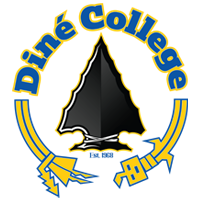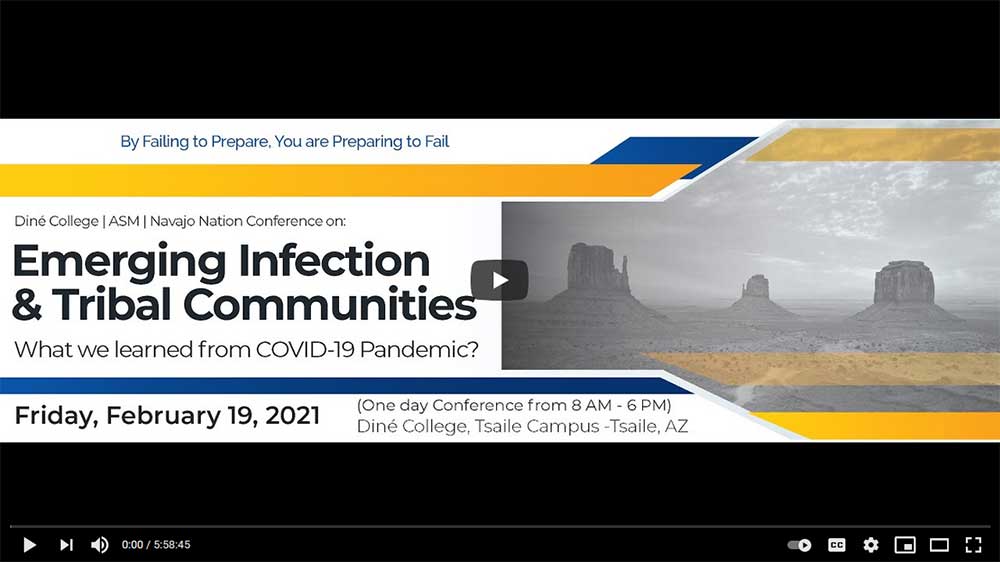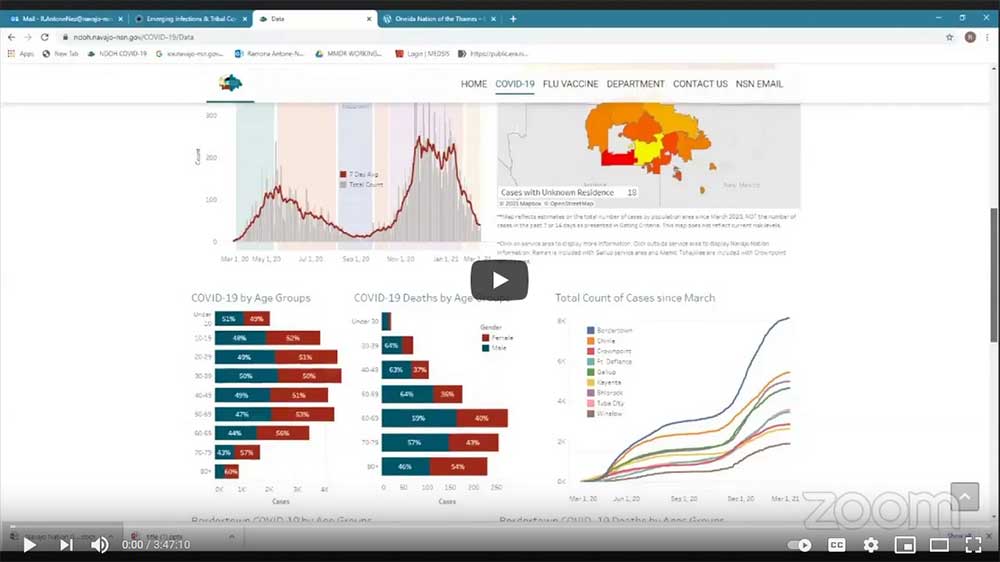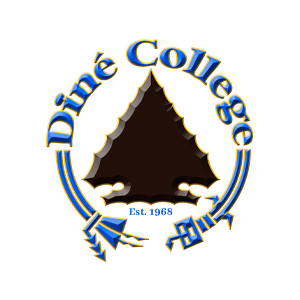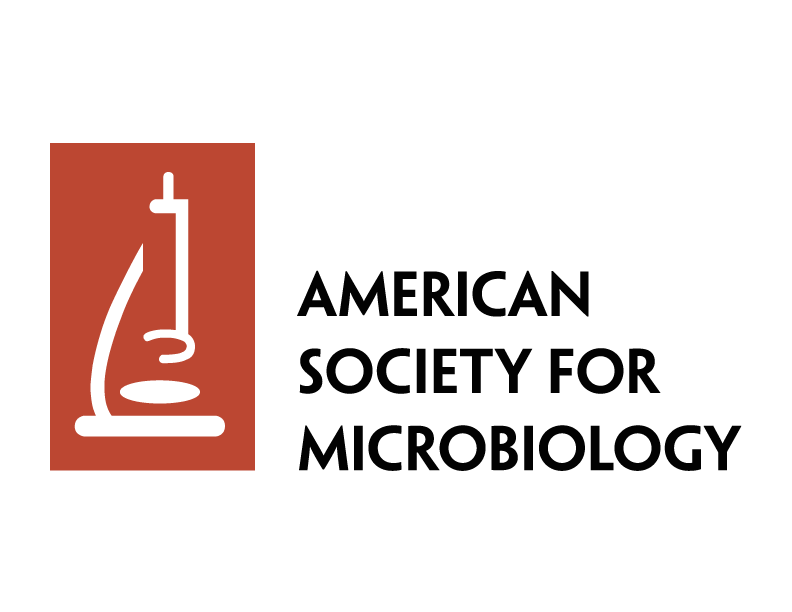
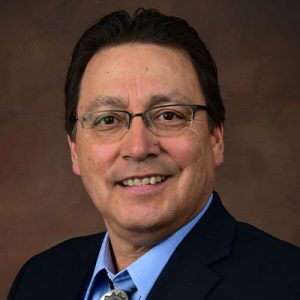
“The year was a challenge and it continues to be a challenge. But we have persevered and we will all succeed together. As President of Diné College, I would like to take this opportunity to welcome you all to the “Emerging Infection & Tribal Communities Conference.” I would like to thank all of you who have worked on putting this conference together. We are cognizant of the growing crisis of Covid-19 and its impact on our communities and worldwide. The conference seeks to understand and have an open conversations with a team of professionals and scientists about what we have learned from the Covid-19 pandemic. If you are a Medicine men/ women, a homeopath, believes or practice Western or Eastern Medicine; or you are a nurse, pharmacist, microbiologist, virologist, public health professional or associated with life sciences in any way this conference is for you. We welcome you to this conference and look forward to your participation.”
Dr. Charles Roessel, Diné College President
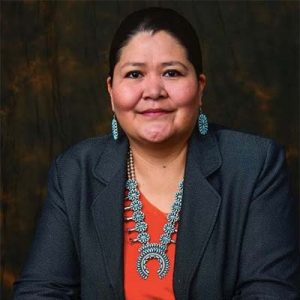
“Thank you for registering for the “Emerging Infection & Tribal Communities Conference.” As Provost of Diné College, I would like to express my appreciation to everyone involved for making this conference possible. This meeting will assemble the leaders in the expanding fields related to the infectious diseases specially SARS-CoV-2 its spread, impact on the communities, research and development of new strategies to combat these situations. We welcome your participation to join us virtually from the comfort of your home, learn, discuss and enhance your understanding of COVID 19 and its impact on every one of us globally”.
Dr. Geraldine Garrity, Diné College
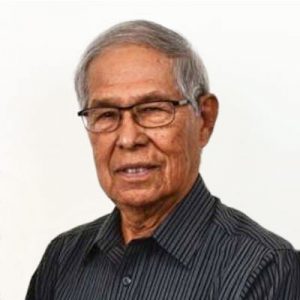
“We are pleased to welcome you as a participant in the upcoming “Emerging Infection & Tribal Communities Conference.” We are sure you will find resourceful and productive information about Covid-19 as Diné College and the American Society for Microbiology (ASM) collaborated to host this event. We hope this conference gives our participants the knowledge and the tools they need to prepare for the future. Please encourage your family, friends and colleagues to participate. We hope you are able to join us and wish the conference much success.”
James Tutt, Dean of STEM, Diné College
About American Society for Microbiology:
The American Society for Microbiology (ASM), originally the Society of American Bacteriologists, is a professional organization for scientists who study viruses, bacteria, fungi, algae, and protozoa as well as other aspects of microbiology. It was founded in 1899. With a mission “to promote and advance the microbial sciences”. ASM provides professional development opportunities and supports microbiology professionals through 60 fellowships and 300 travel awards, webinars, conferences, workshops, networking opportunities, continuing education and honorific awards. Being one of the largest society for microbiology ASM has more than 30,000 members nationally and internationally, including researchers, educators and health professionals. Membership is open to all and is offered at a discounted rate to students, postdoctoral fellows and emeritus faculty. ASM’s newest Clinical Lab Scientist membership category was established in 2019. ASM promotes a public understanding of microbiology through science festivals, public outreach campaigns and museum exhibits. ASM engages the science-interested public and microbiologists through articles reaching nearly 25,000 readers per month, 9 podcasts with 1.5 million downloads and close to half a million social media followers. ASM produces eight podcasts, including This Week in Microbiology, This Week in Virology, and This Week in Parasitism, hosted by Vincent Racaniello. Mundo de los Microbios hosted by Gary Toranzos, is ASM’s weekly Spanish-language podcast. Meet the Microbiologist is a podcast hosted by Julie Wolf, Ph.D., that showcases the people behind the scientific discoveries in various cutting-edge areas of the microbial sciences.
Goals and objectives of the conference:
This one day Conference, is planned for spring of 2021, seeks to focus primarily on the emerging outbreaks/ infections in the light of current COVID-19 outbreak. To foster broad sharing of the challenges, latest scientific, biological, diagnostic, epidemiological, clinical, ecological, and social sciences information and strategies to adopt for future in these type of scenarios. This proposed Conference incorporates both a scientific and a community focus, and will be open to everyone in general and members of Navajo Nation and other tribal communities of North America in particular without any registration cost virtually.
This Virtual Conference will: |
|---|
| Provide an exceptional opportunity to underscore the work which has happended, is ongoing, and is planned to occur, with brave hearts, learned faculty and Community, enthusiastic students/researchers and warrior approach not only in Navajo Nation or tribal communities but throughout North America. Expected invitees/presenters and participants of the event will include individuals from:
Navajo Nation Office of the President and Vice President |
Downloads:
Conference information flyer [jpg]
Conference speakers information [jpg print]
Conference speakers information [pdf digital]
Conference program agenda [pdf digital]
Main Organizing & Conference Planning Committee:
Dr. Shazia Tabassum Hakim, Diné College: stabassum@dinecollege.edu
Mr. Jams Tutt, Diné College: jmtutt@dinecollege.edu
Dr. Joseph Angel deSoto, Diné College: jadesoto@dinecollege.edu
Ms. Barbara Klein, Diné College: bklein@dinecollege.edu
Dr. Donald Robinson, Diné College: dkrobinson@dinecollege.edu
About Diné College
Diné College is the first tribally controlled and accredited collegiate institution in the United States. Established in 1968 as Navajo Community College, it was later renamed Diné College. The Navajo Nation sought to create an institution of higher education that encouraged Navajo youth to become contributing members of the Navajo Nation and the world.
Brief information of PIs and Co-PIs
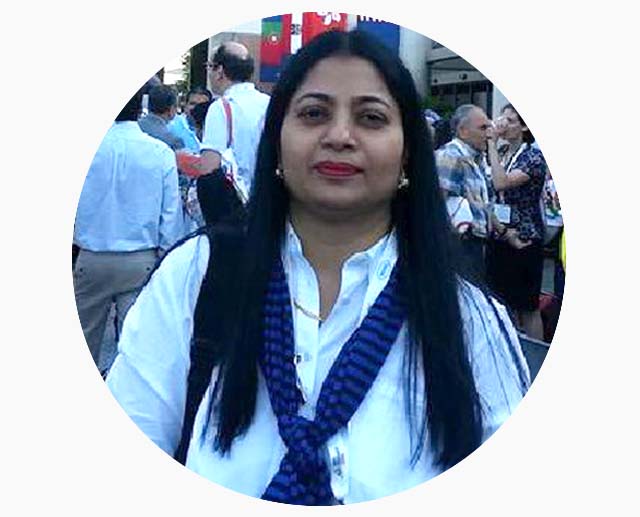
[sg_popup id=”9908″ event=”click”]Dr. Shazia T. Hakim[/sg_popup]
Diné College PI (PhD, SCCM (MLS), CRC)
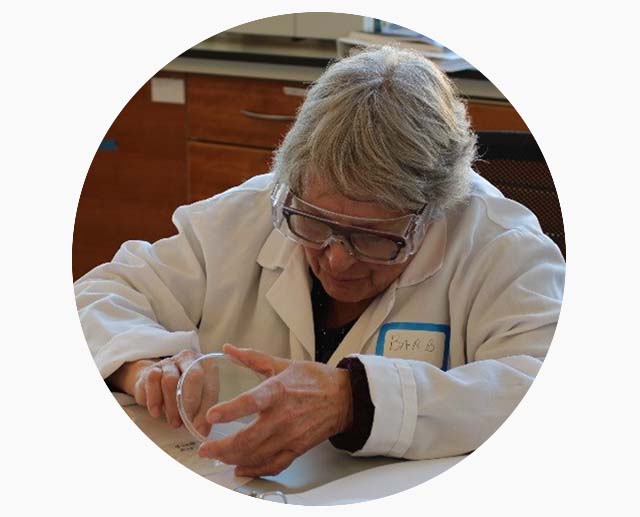
[sg_popup id=”9909″ event=”click”]Barbara Klein[/sg_popup]
Diné College Co-PI (MS)
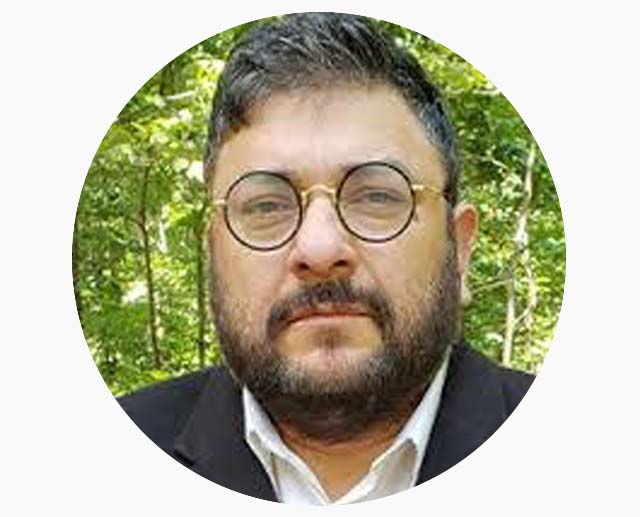
[sg_popup id=”9910″ event=”click”]Dr. Joseph Angel de Soto[/sg_popup]
Diné College Co-PI (MD, PhD, DSS)
Conference Program
Opening Prayers
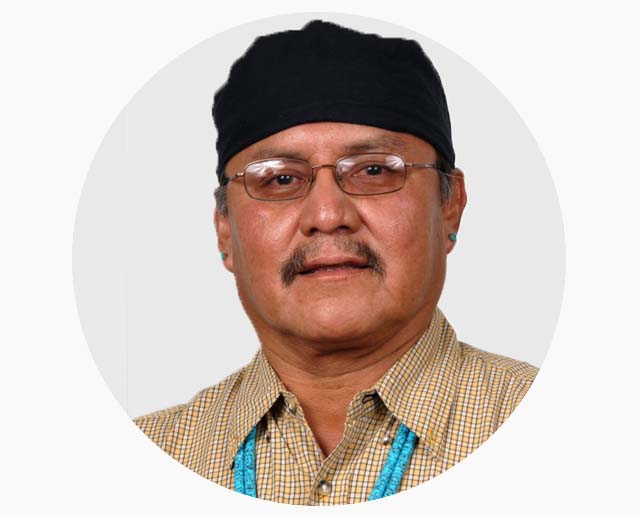
Professor Avery Denny (Navajo)
Blessings & Protection, Diné College
Opening Remarks by Navajo Nation President Jonathan Nez
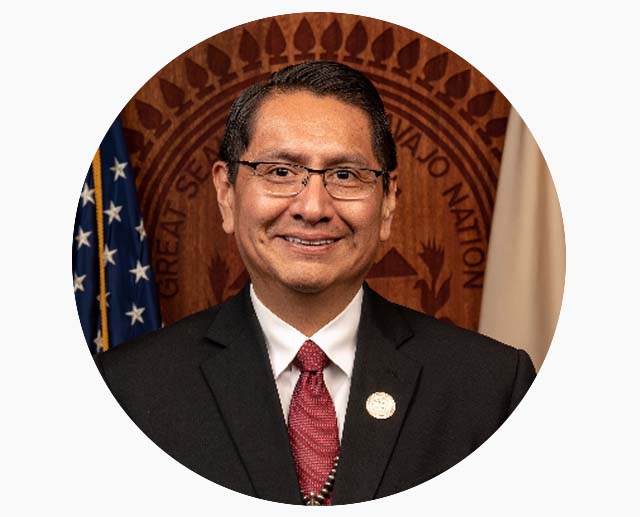
[sg_popup id=”11127″ event=”click”]Jonathan Nez[/sg_popup]
Navajo Nation President
Our Key note speaker
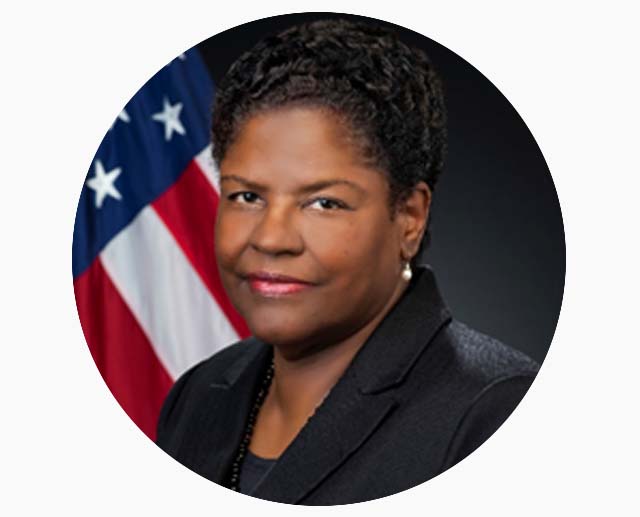
[sg_popup id=”10568″ event=”click”]Dr. Leandris Liburd[/sg_popup]
Associate Director for Minority Health and Health Equity, CDC
Our confirmed speakers:
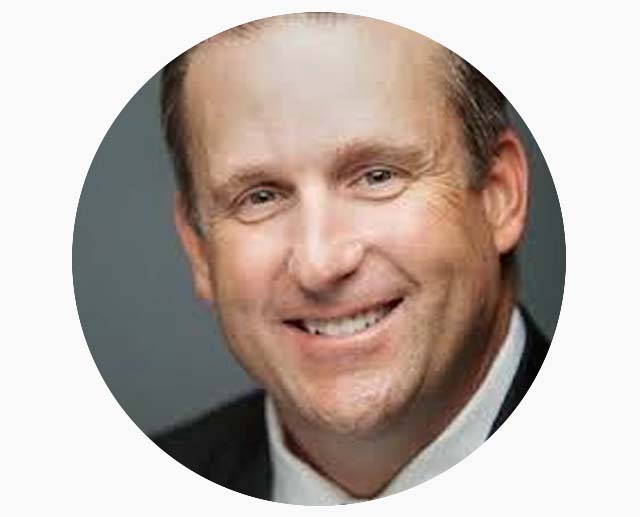
[sg_popup id=”9884″ event=”click”]Mr. Sean Kaufman[/sg_popup]
Founding Partner of Safer Behavior
(B-BIS, LLC)
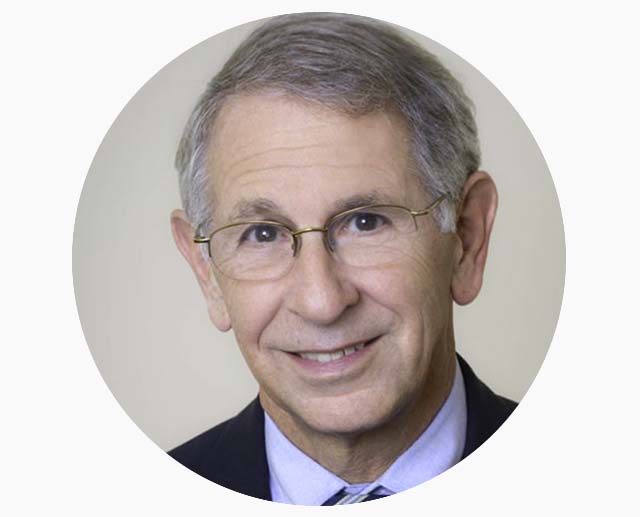
[sg_popup id=”9886″ event=”click”]Dr. Steven Specter[/sg_popup]
Professor Emeritus USF, Former President Pan American Society for Clinical Virology
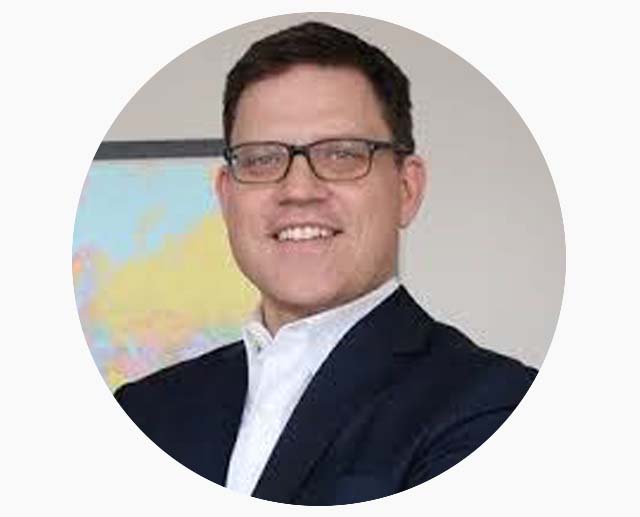
[sg_popup id=”9887″ event=”click”]Dr. Jason Rao[/sg_popup]
Executive Director, Health Security
Partners
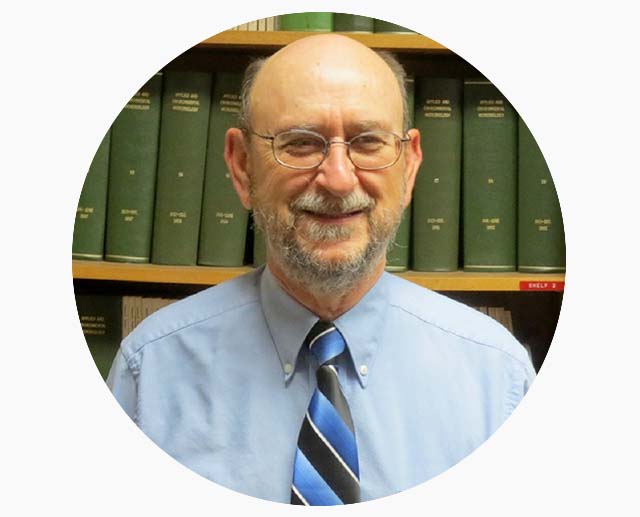
[sg_popup id=”9888″ event=”click”]Dr. Charles Gerba[/sg_popup]
Professor, Environmental Science Department, University of Arizona
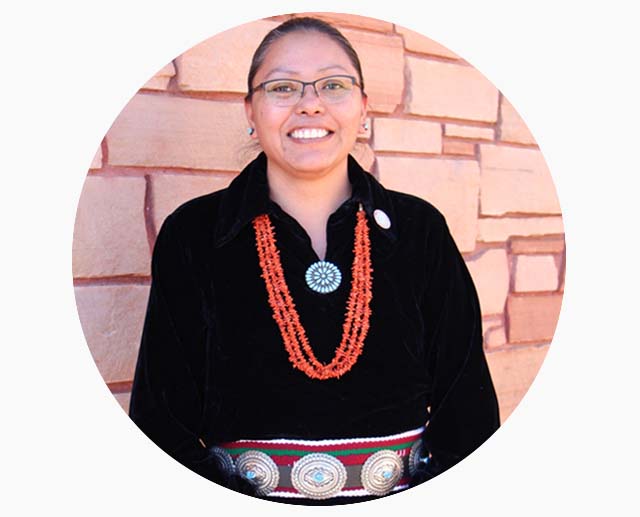
[sg_popup id=”9889″ event=”click”]Dr. Jill Jim (Navajo)[/sg_popup]
Exe. Director, Navajo Nation DoH, Member President-elect Biden’s Covid-19 Advisory Board
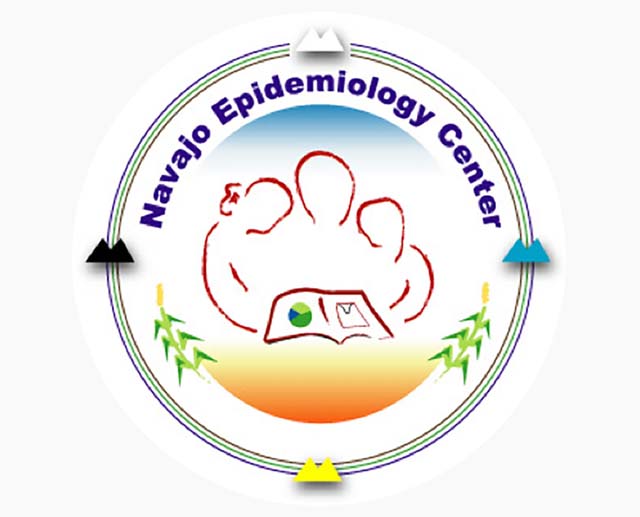
[sg_popup id=”9895″ event=”inherit”]Ms. Ramona Antone-Nez (Navajo Iroquois Oneida)[/sg_popup]
Director, Navajo Epidemiology
Center
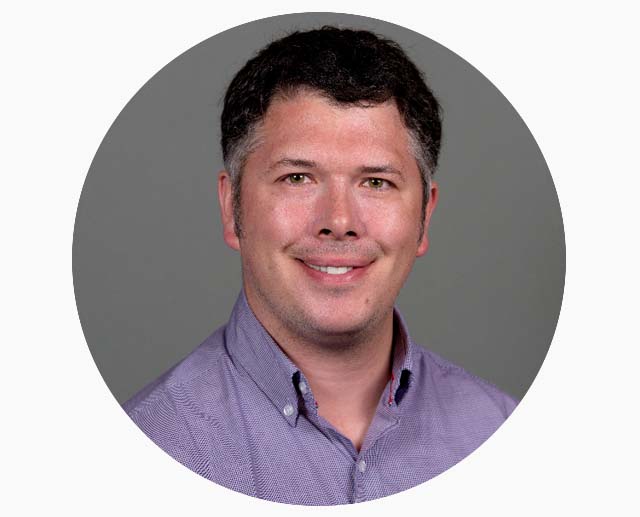
[sg_popup id=”9927″ event=”click”]Dr. Ian B. Hogue[/sg_popup]
Biodesign Institute & School of Life Science, Arizona State University, President Elect ASM’s Arizona/ Southern Nevada Branch
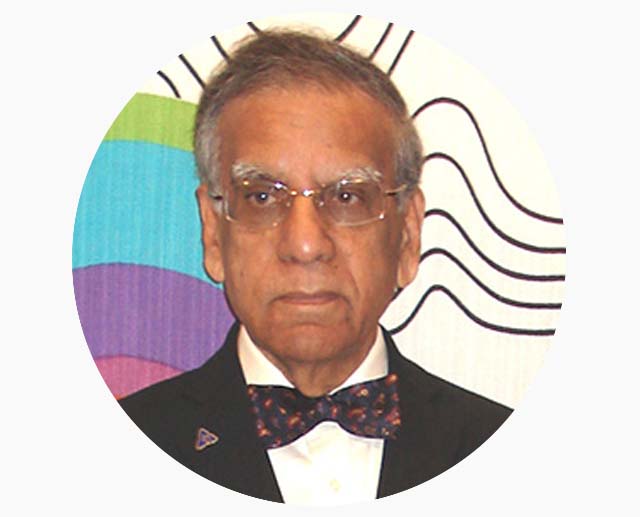
[sg_popup id=”10002″ event=”click”]Dr. Syed Sattar[/sg_popup]
Professor Emeritus of Microbiology, University of Ottawa, Ontario, Canada, and Chief Scientific Officer, CREM Co Labs, Mississauga, Ontario, Canada
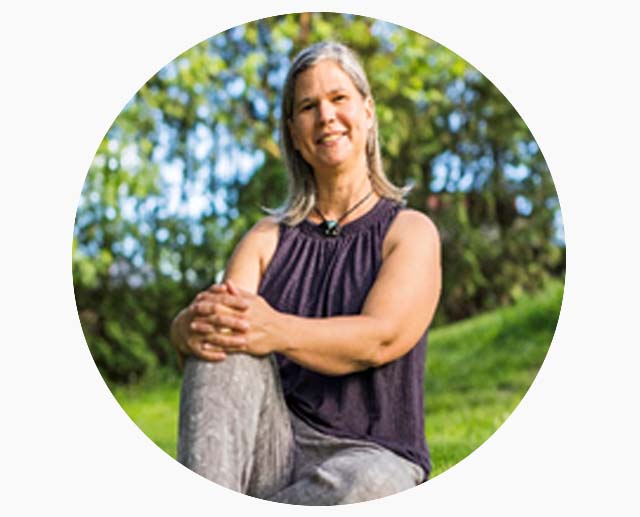
[sg_popup id=”11123″ event=”click”]Dr. Janet Smylie (Métis)[/sg_popup]
Tier 1 Canada Research Chair in Advancing Generative Health Services for Indigenous Populations in Canada & Professor at the Dalla Lana School of Public Health, University of Toronto
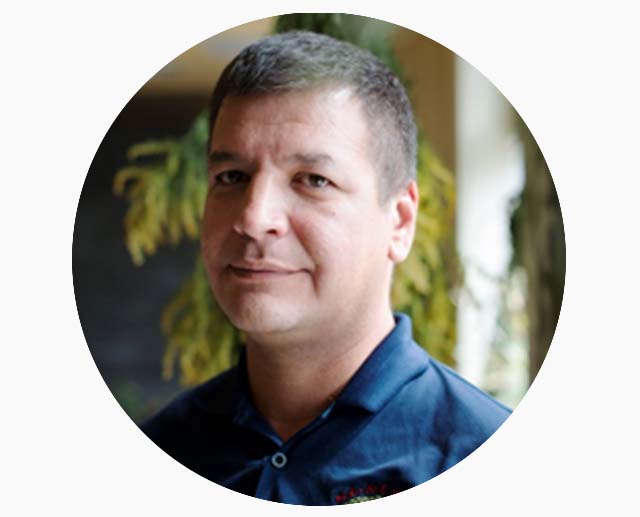
[sg_popup id=”11177″ event=”click”]Mr. Steve Teekens (Nipissing First Nation)[/sg_popup]
Executive Director at Na-Me-Res (Native Men’s Residence), ON, Canada
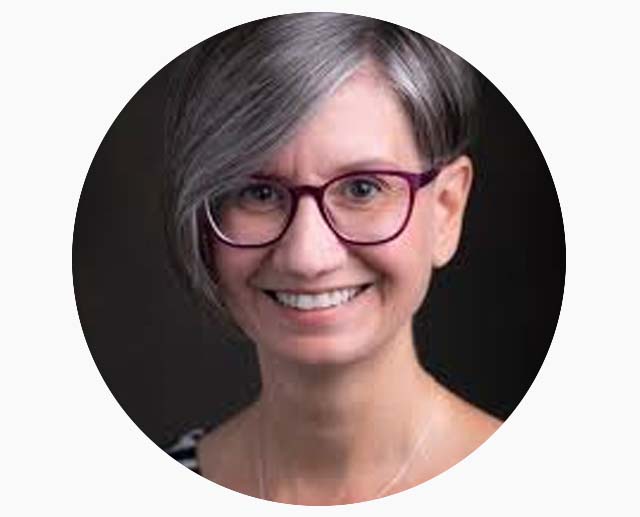
[sg_popup id=”11209″ event=”click”]Dr. Nicole Muir (Métis/Anishnawbe)[/sg_popup]
Well Living House, Toronto, ON,
Canada
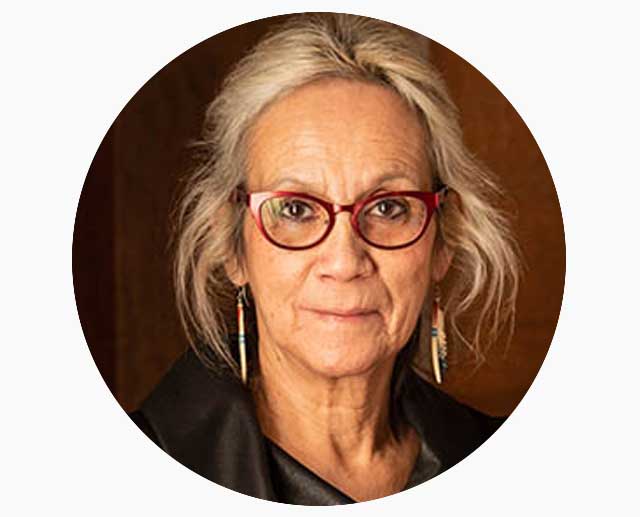
[sg_popup id=”11707″ event=”click”]Dr. Mary Jane McCallum (Cree Nation)[/sg_popup]
Senator, Senate of Canada, Representative of the province of Manitoba
Conference Program Information
All attendees will enter the meeting with their mic muted and will be unable to turn on their video.
To ask a question:
- Click the Q&A button at the bottom of your screen
- Please type your question in the Q&A box (not in the chat box)
- At the end of the session questions will be answered
There is no Registration fee but registration is mandatory to access the conference link. Please get yourself registered by clicking the “Register” tab.
| Agenda/Program | |
| Time (MDT) | Topic/Speaker/Affiliation |
| Session One | |
| Emcee: Professor Dr. Mark Bauer, PhD, Diné College | |
| 8:00 – 8:15 am | Opening Prayer: Navajo Nation Elder and Medicine Man Professor Avery Denny (Blessings & Protection) |
| 8:20-8:50 am | Welcome Notes & Overview: Diné College President Dr Charles (Monty) Roessel, PhD (Member Navajo Nation) |
| 8:55– 9:25 am | Opening Remarks: Navajo Nation President Mr. Jonathan Nez (Member Navajo Nation) |
| 9:30 – 10:30 am | Key Note Presentation: Working Together: Challenges and Solutions for Tribal Nations and Communities of Color Dr. Leandris Liburd, PhD, MPH, MA CDC Chief Health Equity Officer & Associate Director for Minority Health and Health Equity CDC-Office of Minority Health and Health Equity Presentation |
| 10:35 – 11:00 am | Presentations 1: Remembering The COVID-19 Outbreak: Global Dr. Steven Specter, PhD Former Chair, Clinical Immunology Division of ASM, Former President Pan American Society for Clinical Virology, Professor Emeritus, Department of Molecular Medicine, University of South Florida, Morsani College of Medicine. Presentation |
| 11:05- 11:30 am | Presentations 2: Updates on Facilities and Capacity to Combat COVID-19 like Situations in Navajo Communities Dr. Jill Jim, PhD, MPH, MHA (Member Navajo Nation) Former Member President Elect Biden’s COVID Advisory team, Executive Director Navajo Nation Department of Health (NNDOH) |
| 11:35 –12:15 pm | Presentations 3: Ze Meno Nesewong (Breathing Well): Working together to respond holistically to COVID-19 among First Nations, Inuit, and Metis living in, Canada. A Co- presentation by Dr. Janet Smylie, MD, MPH, FCFP (Member Métis Nation), Unity Health, St. Michaels Hospital, Toronto, ON, Canada Mr. Steve Teekens, MA (Member Nipissing First Nation), Executive Director at Na-Me-Res (Native Men’s Residence) Toronto, ON, Canada And, Dr. Nicole Muir, PhD (Member Métis Nation), Well Living House, Toronto, ON, Canada Presentation |
| 12:15 -12:30 pm | Question & Answers Session-I: Moderated by Dr. Mark Bauer, PhD, Diné College |
| 12:30 – 1:00pm | LUNCH Break |
| Session Two | |
| Emcee: Professor Dr. Scott Bender, DVM, FADD, Diné College | |
| 1:00 – 1:30pm | Presentations 4: Lessons Learned from COVID-19 through a First Nations Lens: Why Science is Not Enough Dr. Mary Jane McCallum (Cree Nation) Senator, Senate of Canada, Representative of the province of Manitoba |
| 1:35 – 2:00pm | Presentations 5: Working Together: Feds, States, Tribal Communities; Sharing Epidemiological Data Ms. Ramona Antone-Nez, MPH, BSN (Member Navajo Nation and Iroquois Oneida) Director Navajo Nation Epidemiology Center Presentation |
| 2:05 -2:30 pm | Presentations 6: Sewage, Source Tracking, COVID-19 & Pandemics Dr. Charles p. Gerba, PhD, ABMM Professor of Virology in the Department of Environmental Science, Water & Energy Sustainable Technology (WEST) Center, University of Arizona |
| 2:35 – 3:00 pm | Presentation 7: COVID-19 and the Global Village: Travel Bans, Spread of Disease, International diplomacy Dr. Jason Rao, PhD CEO Health Security Partner; Former Director ASM International Affairs, Former senior policy advisor for Global Science Engagement in the White House, Office of Science and Technology Policy under President Obama, Adjunct faculty with Cornell, Georgetown and George Washington Universities. |
| 3:05 – 3:30 pm | Presentation 8: How far will the Pandemic go with Current Infection Prevention and Control Practices? Dr. Syed A. Sattar, PhD, RCCM Professor Emeritus, University of Ottawa, Canada, and Chief Scientific Officer, CREM Co Labs, Mississauga, Ontario, Canada. Presentation |
| 3:35 – 4:00 pm | Presentation 9: COVID-19 and Safer Behaviors: Fostering Resiliency During Pandemic Situations Mr. Sean G. Kaufman, MPH, CHES, CPH Infectious Diseases Behavioral Expert, CEO and Founding Member Safe Behaviours Presentation |
| 4:05 – 4:30 pm | Presentation 10: Introduction to the molecular biology of COVID-19 vaccines and vaccine candidates Dr. Ian Hogue, PhD President Elect ASM’s Arizona / Southern Nevada Chapter. Assistant Professor at Biodesign Center for Immunotherapy, Vaccines and Virotherapy, and the School of Life Sciences, Arizona State University |
| 4:35 – 5:00 pm | Question & Answers Session-II: Moderated by Dr. Rajneesh Verma, PhD, Diné College |
| 5:00 – 5:20 pm | Comments by the Dean, School of STEM: Professor James Tutt, MS |
| 5:25 – 5:50 pm | Summary: Professor Dr. Joseph Angel de Soto, MD, PhD, DSS, Diné College |
| 5:55 – 6:10 pm | Next Steps; Planning: Professor Dr. Shazia T. Hakim, PhD, SCCM(MLS), MLT, Diné College |
| 6:15 – 6:30 pm | Concluding Remarks: Dr. Geraldine Garrity, Ed.D, Provost Diné College |
| Adjourn | |
Thank You for Joining Us!
Technical Assistance:
Telecommunication & IT: Ms. Joy Thompson, Ms. Michele Vicenti & Team, Dr. Rajneesh Verma, Dr. Kevin Webster
Marketing & Media: Ms. Marie Nez, Mr. George Joe & Team
Sponsor:
This Conference is supported by “America Society for Microbiology Conference Grant”, awarded, June 2020 to PI: Dr. Shazia T. Hakim and Co-PIs: Dr. Joseph A. deSoto & Ms. Barbara Klein
Conference Planning Committee
| Organizing Committee: | ||
| Professor James Tutt | Dr. Joseph deSoto | Dr. Fred Boyd |
| Dr. Shazia T. Hakim | Dr. Don Robinson | Professor Barbara Klein |
| Dr. Mark Bauer | ||
| Marketing and Promotion Committee: | ||
| George Joe | Jazzmine Martinez | Phyllis Begay |
| Marie Nez | Scott Tom | Bernard Dotson |
| Dr. Shazia T. Hakim | ||
| Information Technology Support: |
| Joy Thompson & Diné College IT Team |
| Operations & Maintenance and Facilities: | ||
| Velveena Davis | Gilberta Yazzie | Claude Sandoval |
| Priscilla Cooley | ||
Venue, Hotels, and Tourism Information in case you love to explore the beauty and treasures of Navajo Reservation after COVID-19 travel restrictions.
We will virtually host you from Diné College, Navajo Nation.
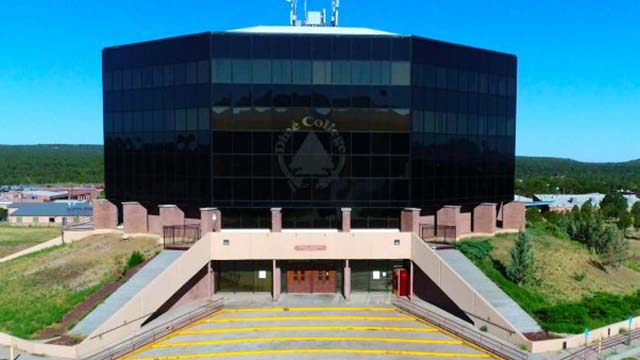
Diné College
Tsaile, AZ
HOTELS:
CHINLE, AZ
- Holiday Inn Canyon de Chelly, 928-674-5000
- Best Western Canyon de Chelly, 928-674-5875
- Thunderbird Lodge, 928-674-5842
WINDOW ROCK, AZ
- Quality Inn, 928-871-4108
- Navajoland Inn, 928-871-5690
MONUMENT VALLEY, UT
- The View Hotel, 435-727-5555
- Goulding’s Lodge, 435-727-3231
NAVAJO NATION TOURIST ATTRACTIONS:

Chinle, AZ
- Canyon De Chelly Nation Monument
- Canyon Tours: Tseyi Canyon Tours
- Mummy Cave Overlook
- Massacre Cave Overlook
- Antelope House Overlook
- White House Ruins/Trail
- Ancient Pueblo Villages
- Spider Rock

Window Rock, AZ
- Window Rock Monument
- Window Rock Museum
- Window Rock Zoo
- Tribal Park
- Michaels Historical Museum & Mission

Lukachukai, AZ
- Buffalo Pass Scenery
POPULAR ATTRACTIONS:
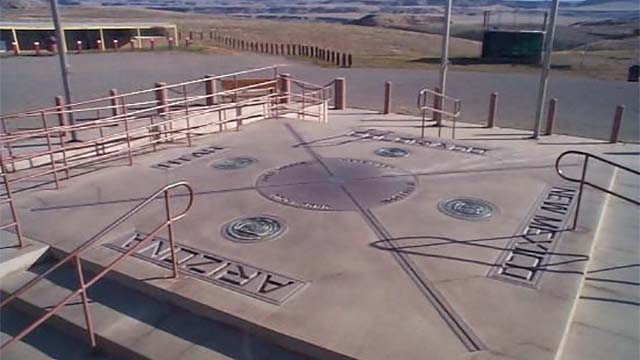
Teec Nos Pos, AZ
- Four Corners Monument

Grand Canyon National Park
- South/North Rim
- Desert View Watchtower
- Lipan Point

Page, AZ
- Antelope Canyon

Page, AZ
- Horseshoe Bend

Monument Valley, UT
- Monument Valley Tribal Park
Contact Us for more information!
Professor Shazia T. Hakim, Ph.D.
Diné College
928-283-5113 Ext:7520
stabassum@dinecollege.edu
Professor Joseph Angel de Soto, Ph.D.
Diné College
jadesoto@dinecollege.edu
Professor Barbara Klein
Diné College
bklein@dinecollege.edu
